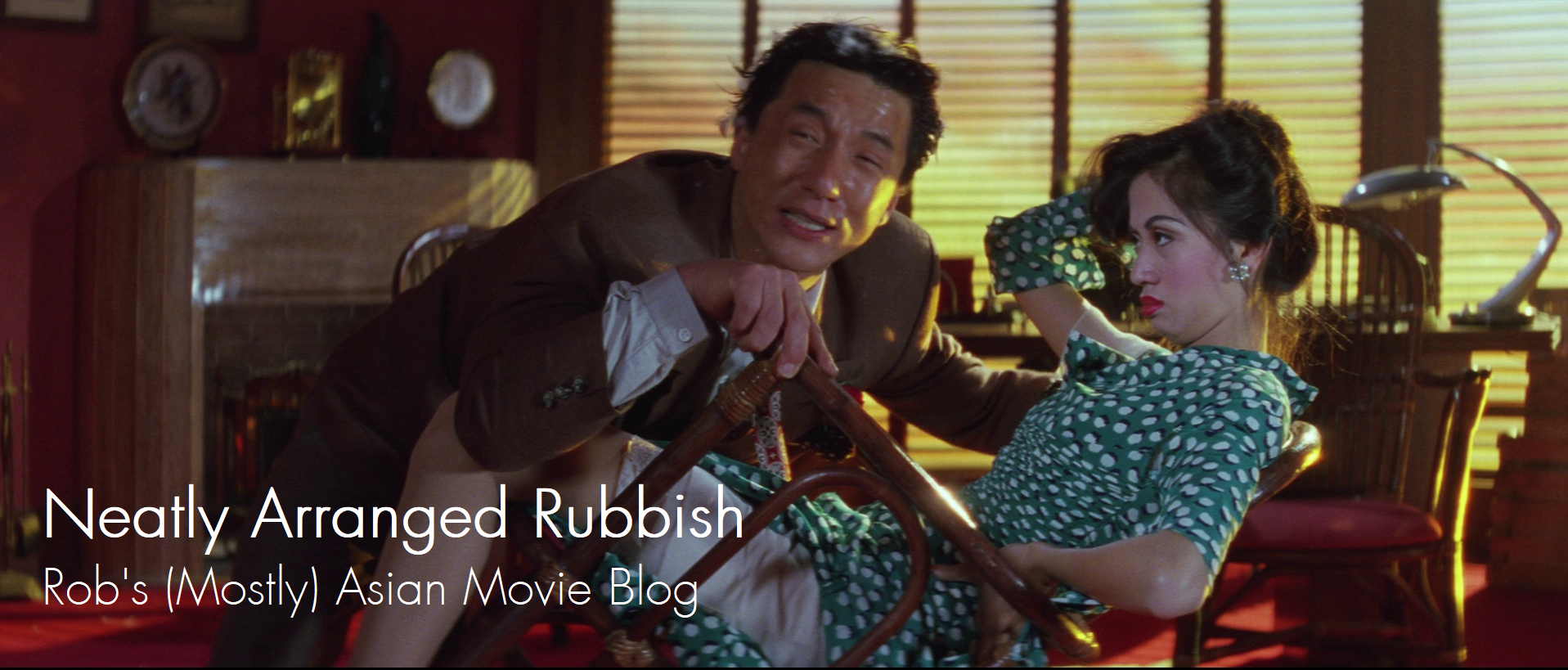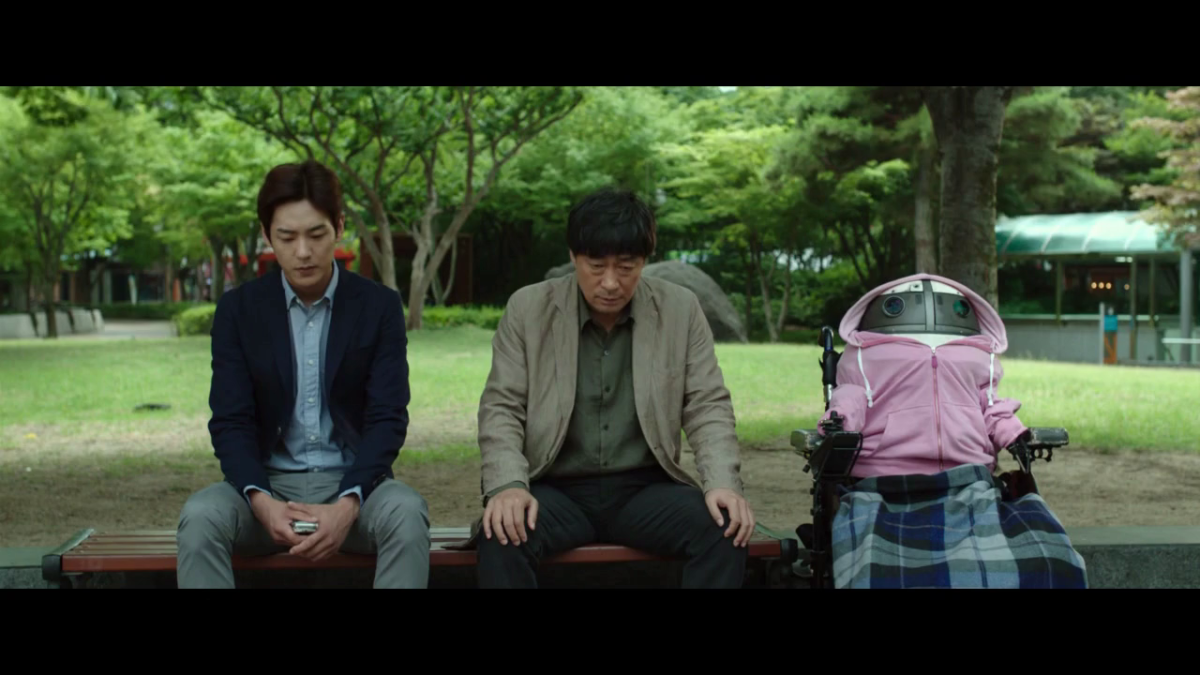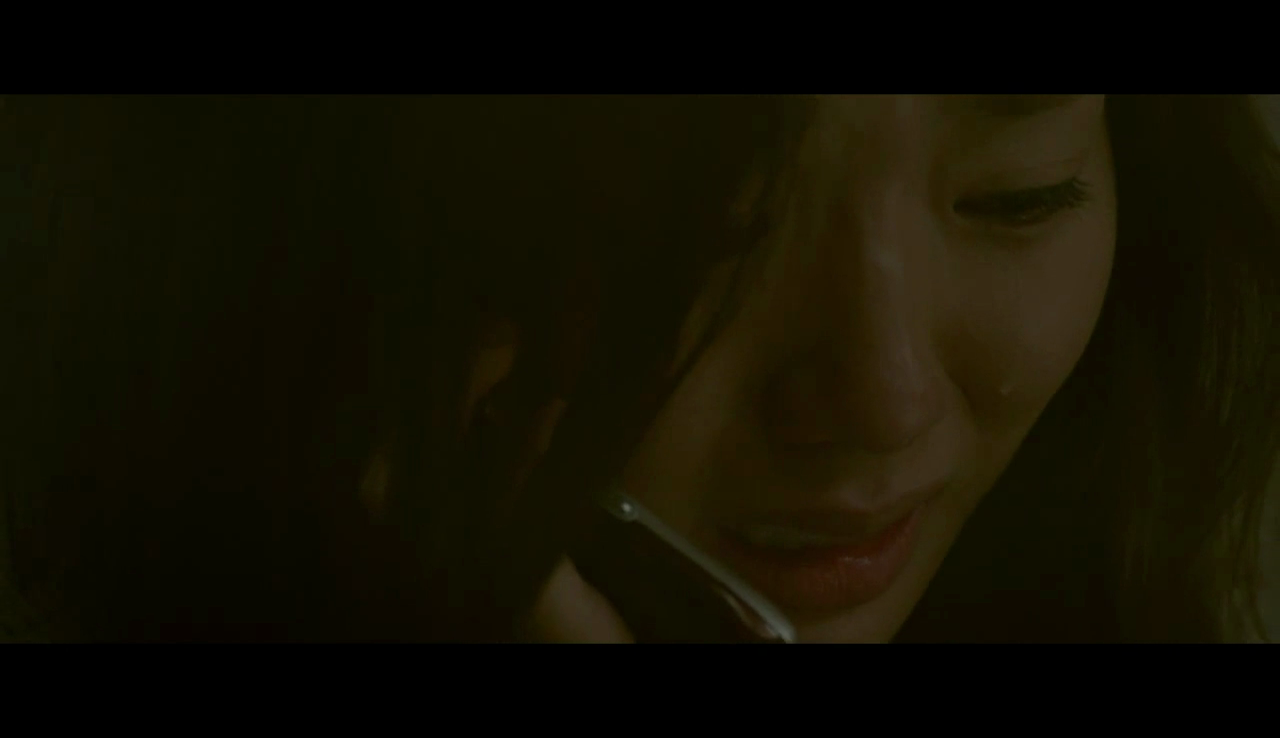Last Updated on January 22, 2021 by rob
A U.S. spy satellite receives a distress call from a female soldier in Afghanistan and plunges back to Earth intent on a rescue mission. Landing in the sea the satellite is recovered by Hae-gwan (Lee Sung-min) a distraught father who has spent the last decade searching for his missing daughter. Together the odd couple come to an agreement; the satellite will help Hae-gwan find his daughter. In return Hae-gwan will help the machine, which he names SORI (the Korean word for voice), carry out its own rescue. However unknown to both the American and SK security services are in hot pursuit.
A touching, amusing and thoughtful story which explores the protective instinct adults have toward their kids. The script parallels Sori’s mission with that of Hae-gwan’s, who can’t let go of the belief that his missing daughter might still be alive somewhere even though his much more pragmatic wife (Lee Ha-nui) has long since accepted that their child likely perished in a train fire (an actual real life tragedy incorporated into the film’s plot) because her last phone call was traced to the area of the disaster. However Hae-gwan won’t give up without proof and plonking Sori in a motorized wheelchair with a pink hoodie as a disguise (‘What are you now – female?’ snaps Hae-gwan after they visit a clothes shop and Sori makes a beeline for the aforementioned garment) clues begin to emerge and as they do we begin to get flashbacks painting Hae-gwan as a dictatorial, overly controlling father.
In short, someone much less sympathetic than we’ve initially been led to believe. Eventually the clues lead to a moment of brutal heartbreak for Hae-gwan and a mood so grim you wonder how the film is ever going to pull out of it. That it does is a testament to Lee Soyoung’s clever script which finds a surrogate father-daughter relationship in Hae-gwan and Sori (who speaks with the voice of a young girl) and places what appears to be an overly controlling father figure into its rightful perspective. There’s also a lovely sequence here in which a distraught Hae-gwan leaves Sori alone for a night and we just follow the little satellite in its wheelchair as it trundles through the city streets quietly observing as bars and diners begin to disgorge their drunken occupants. Director Ho-jae achieves something really special in this scene, a poignant sense of how humans might appear to the proverbial innocent abroad.
This otherwise charming movie has a couple of minor weaknesses; the framework of our heroes being hunted by security forces (including a subplot featuring a sympathetic female scientist who tries to help our fugitives) feel lacklustre in comparison to the main drama and the director clearly has no ear for the English dialogue since the Western actors deliver some woefully awkward and stilted line readings. But that’s OK because the heart and soul of the story is powerfully put across elsewhere and the charming final scene (possibly a nod to the closing shot of Brad Bird’s The Iron Giant) shows us Sori pulling herself through the desert en route to do the one thing – as the film makes touchingly clear – all adults are driven to do for those they care about; protect.



